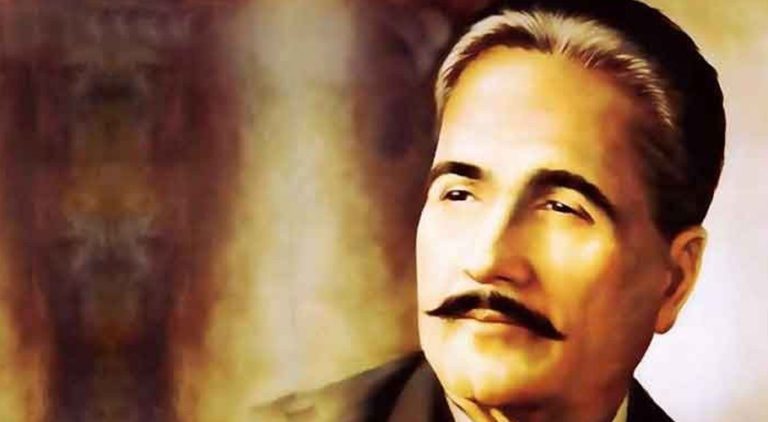ISLAMABAD: The 144th birth anniversary of Allama Muhammad Iqbal, the national poet, and sage of the nation, has been celebrated with national fervor all over the country.
Muhammad Iqbal (1877-1938) was a descendant of a Kashmiri Brahmin family that had embraced Islam in the seventeenth century, was born and settled in Sialkot. Iqbal wrote poetry both in Persian and Urdu which was mostly used to address the muslim ummah about their shortcomings or to bring up their morale.
Iqbal dreamt of the ‘complete man’ and also entered into a metaphoric dialogue with the divine. His poetry emerged as a remarkable outstanding site where message and art merged, as he re-configured major poetic devices like metaphor, myth, and symbol to re-visit history, philosophy, and the Islamic faith to develop his individual vision.
Allama Iqbal’s thought and philosophy for the establishment of a separate Muslim country of Pakistan was also very important in the sense that, he presented the idea of a separate state for muslims during his ‘Allahabad sermon’ and revived the muslim liberation movement with his poetry.
However, three significant poems that gave intense expression to the sufferings of Muslim powerlessness were Shikwah (“The Complaint”), Jawāb-e shikwah (“The Answer to the Complaint”), and Khizr-e rāh (“Khizr, the Guide”).
Moreover, he has left behind his collections of poems, Asraar-e Khudi, Rumooz-e Bekhudi, Baang-e Daraa, Baal-e Jibreel, Payaam-e Mashriq, Zaboor-e ‘Ajm, Javed Naama, Zarb-e Kaleem, and Armaghaan-e Hijaz, apart from his lectures collected in English.
Meanwhile, wherever Urdu and Persian poetry is read and understood, Allama Iqbal is being remembered today and Iqbal scholars are organizing various events on his thought and philosophy. During which the thoughts of the poet of the East and Philosophy will be highlighted.

































